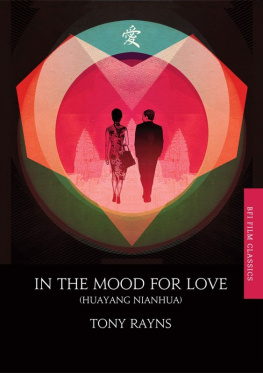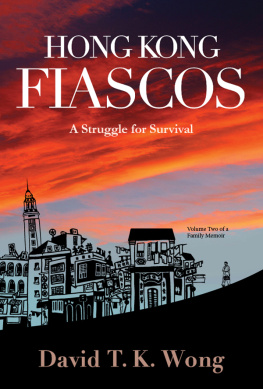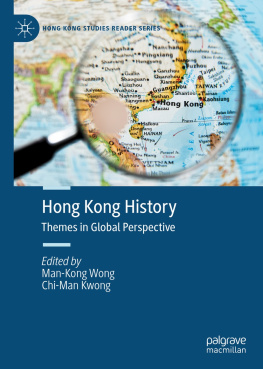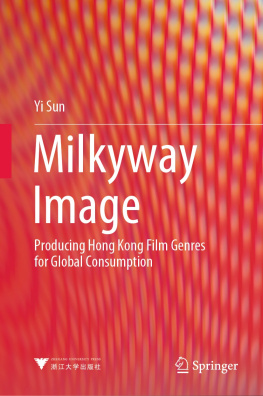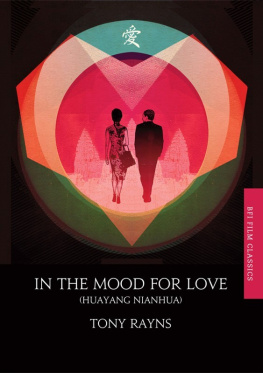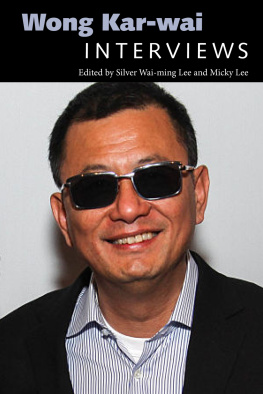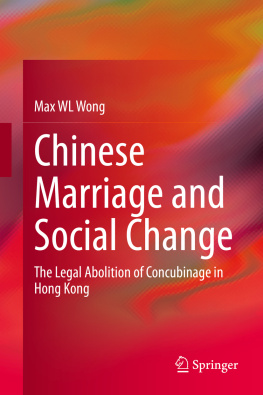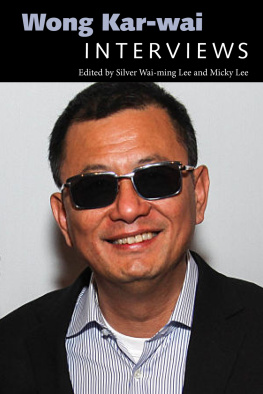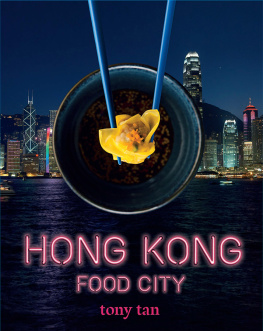BFI Film Classics
The BFI Film Classics is a series of books that introduces, interprets and celebrates landmarks of world cinema. Each volume offers an argument for the films classic status, together with discussion of its production and reception history, its place within a genre or national cinema, an account of its technical and aesthetic importance, and in many cases, the authors personal response to the film.
For a full list of titles available in the series, please visit our website: www.palgrave.com/bfi
Magnificently concentrated examples of flowing freeform critical poetry. Uncut
A formidable body of work collectively generating some fascinating insights into the evolution of cinema.
Times Higher Education Supplement
The series is a landmark in film criticism. Quarterly Review of Film and Video
Possibly the most bountiful book series in the history of film criticism. Jonathan Rosenbaum, Film Comment
Editorial Advisory Board
Geoff Andrew, British Film Institute | Laura Mulvey, Birkbeck College, University of London |
Edward Buscombe | Alastair Phillips, University of Warwick |
William Germano, The Cooper Union for the Advancement of Science and Art | Dana Polan, New York University |
Lalitha Gopalan, University of Texas at Austin | B. Ruby Rich, University of California, Santa Cruz |
Lee Grieveson, University College London | Amy Villarejo, Cornell University |
Nick James, Editor, Sight & Sound |
In the Mood for Love
[Huayang Nianhua]
Tony Rayns

Tony Rayns 2015
All rights reserved. No reproduction, copy or transmission of this publication may be made without written permission. No portion of this publication may be reproduced, copied or transmitted save with written permission or in accordance with the provisions of the Copyright, Designs and Patents Act 1988, or under the terms of any licence permitting limited copying issued by the Copyright Licensing Agency, Saffron House, 610 Kirby Street, London EC1N 8TS. Any person who does any unauthorised act in relation to this publication may be liable to criminal prosecution and civil claims for damages.
The author has asserted his right to be identified as the author of this work in accordance with the Copyright, Designs and Patents Act 1988.
First published in 2015 by
PALGRAVE
on behalf of the
BRITISH FILM INSTITUTE
21 Stephen Street, London W1T 1LN
www.bfi.org.uk
Theres more to discover about film and television through the BFI. Our world-renowned archive, cinemas, festivals, films, publications and learning resources are here to inspire you.
Palgrave in the UK is an imprint of Macmillan Publishers Limited, registered in England, company number 785998, of 4 Crinan Street, London N1 9XW. Palgrave Macmillan in the US is a division of St Martins Press LLC, 175 Fifth Avenue, New York, NY 10010. Palgrave is a global imprint of the above companies and is represented throughout the world. Palgrave and Macmillan are registered trademarks in the United States, the United Kingdom, Europe and other countries.
Front cover design: Jimmy Turrell
Series text design: ketchup/SE14
Images from In the Mood for Love (Wong Kar Wai, 2000), Block 2 Pictures.
Set by Cambrian Typesetters, Camberley, Surrey
Printed in China
This book is printed on paper suitable for recycling and made from fully managed and sustained forest sources. Logging, pulping and manufacturing processes are expected to conform to the environmental regulations of the country of origin.
British Library Cataloguing-in-Publication Data
A catalogue record for this book is available from the British Library
A catalog record for this book is available from the Library of Congress
ISBN 9781844578740
Contents
Acknowledgments
Primary thanks go to Wong Kar Wai and his past and present colleagues in the production company Jet Tone and its affiliated talent agency Project House: particularly line producer Jacky Pang, production designer and editor William Chang, cinematographers Christopher Doyle, Mark Lee and Kwan Pun-Leung, directors assistant Charlotte Yu and actors Tony Leung and Maggie Cheung. This book benefits in many ways, large and small, from conversations with these people and Im grateful to them for sharing their experiences and insights.
I was first introduced to Wong Kar Wai by my friend Shu Kei during the roll-out of Days of Being Wild in 1991, and had a closerthan-average relationship with Jet Tone from 1994 (when I was invited to see one of the later cuts of Ashes of Time and to catch the world premiere in Hong Kong of Chungking Express) until 2008, when I was axed from the companys Christmas-card list after some bad-tempered exchanges with Wong over texts in the press kit for Ashes of Time Redux. During those fifteen years, I met Wong fairly often and helped him with English subtitles and the editing of press kits for his own films and for Jet Tone productions by Jeff Lau and Eric Kot, with both of whom I also had interesting conversations.
The sometimes hair-raising tales of my experiences with Jet Tone will have to wait for another time; whats relevant here is my aborted project to produce a book-length interview with Wong Kar Wai, which resulted in many hours of unpublished audio tapes. A couple of brief quotes in this book are taken from those tapes. Ive also taken occasional phrases and sentences from my earlier writings about Wong. I recorded video pieces on the film and its music for Criterions Region-A Blu-ray edition of In the Mood for Love, and some of the observations that follow are necessarily recapitulations of what I said there. But time constraints kept the Criterion extras relatively short, and much here was not said there.
I must thank Jerry Liu, who edited a stylish press kit for As Tears Go By, for first drawing my attention to Wong Kar Wai in 1988. Also Li Cheuk-To (artistic director of the Hong Kong International Film Festival), Simon Field (Wongs first UK distributor), Michael Werner and the late Wouter Barendrecht of Fortissimo Film Sales (for many years Wongs sales agents), Anurag Kashyap and Jean-Claude Carrire (fellow panellists at a seminar in Delhi), Curtis Tsui of Criterion, Norman Wang, Chua Lam, Stanley Kwan and David Bordwell for sharing opinions and providing information. This book would not have been written if James Bell (of Sight & Sound) had not urged me to knuckle down to it at short notice. It goes without saying that any mistakes in the following pages are mine alone.
Valse triste
From the very beginning I knew I didnt want to make a film about an affair. That would be too boring, too predictable, and it would have only two possible endings: either they go away together or they give each other up and go back to their own lives. What interested me was the way people behave and relate to each other in the circumstances shown in this story, the way they keep secrets and share secrets.
Wong Kar Wai (19 June 2000), from an interview by Tony Rayns, published in Sight & Sound, August 2000
Well come to the very beginning in , but lets start with the film itself. In the Mood for Love, set mostly in the Hong Kong of 1962, is a film that luxuriates in the feeling of being in love without actually turning into a love story. Its two central characters, Mr Chow and Mrs Chan, are surrounded by sexual promiscuity. But when they ultimately succumb to their palpable desire for each other, they do so off screen. The film hinges on their tremulous uncertainty about their own feelings and their feelings for each other. Like David Lean/Nol Cowards
Next page
